
Cataracts affect more people every year. According to the World Health Organization (WHO), cataracts are the leading cause of blindness worldwide. It is estimated that over 65 million people globally have significant visual impairment due to cataracts. Fortunately, cataract surgery is a highly effective treatment option to restore vision for those affected. Cataract surgery involves removing the eye’s natural lens and replacing it with an intraocular lens or an IOL. On average, the cost of standard cataract surgery in the U.S. ranges from around $3,000 to $5,000 per eye. However, it’s worth noting that this is a general estimate, and the actual cost may be higher or lower depending on individual circumstances.
The cost of cataract surgery in the United States can vary based on several factors, including the specific procedure performed, the geographical location, the surgeon’s experience, and the type of intraocular lens (IOL) used.
The type of Intraocular Lens (IOL) that is used for your cataract surgery is one of the main determining factors of surgery cost. Medicare and other insurance may cover the cost of standard cataract surgery. However, upgrading to a premium IOL is seen as an elective procedure and you would be responsible for the difference in cost between a standard lens and a premium lens. It’s advisable to consult with an ophthalmologist or eye clinic to get a precise cost estimate for your specific case. Additionally, insurance coverage and Medicare may help offset some of the expenses related to standard cataract surgery.
Different lenses are used to correct different issues. The cost of cataract surgery with astigmatism is greater depending on what type of premium lens is recommended to correct your astigmatism at the same time of your surgery. Your eye doctor will make a recommendation on the type of cataract surgery and cost related to the best IOL for your eyes.
Here is a brief description of different types of intraocular lenses (IOLs) used in lens replacement surgery:
Monofocal lens: Monofocal lenses or standard lenses are the most common type of IOLs used in cataract surgery. They have a single focus point, typically set for distance vision. After surgery, patients may still require glasses for near or intermediate vision. Monofocal lenses are the only type of IOL traditionally covered by health insurance companies.
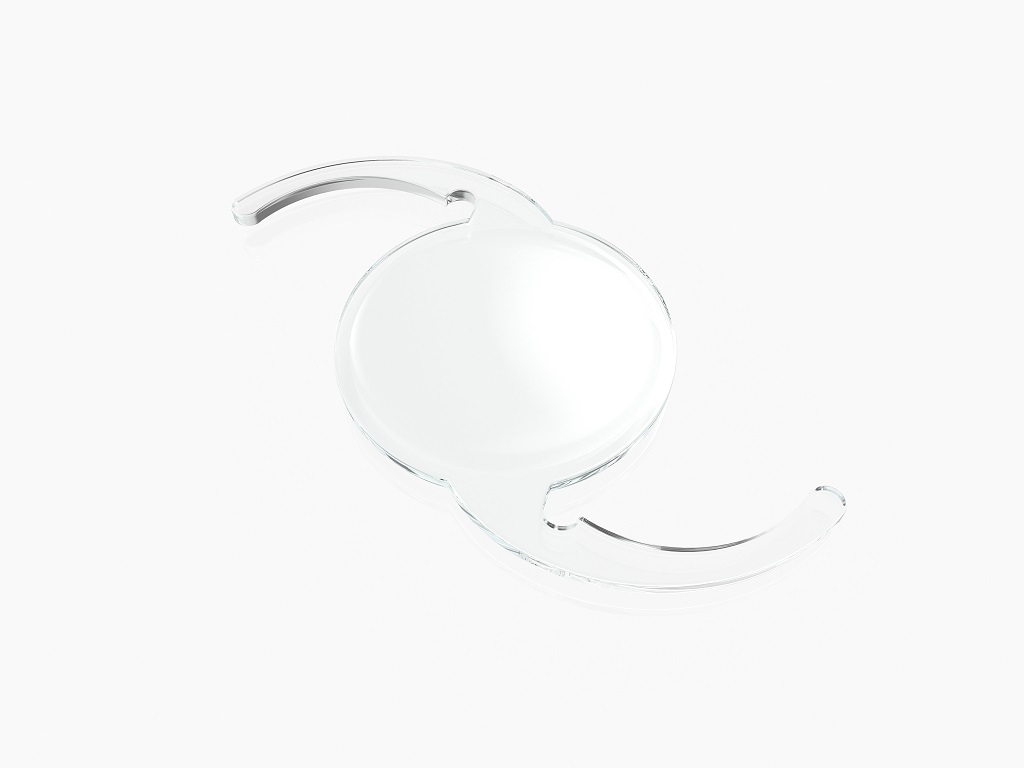
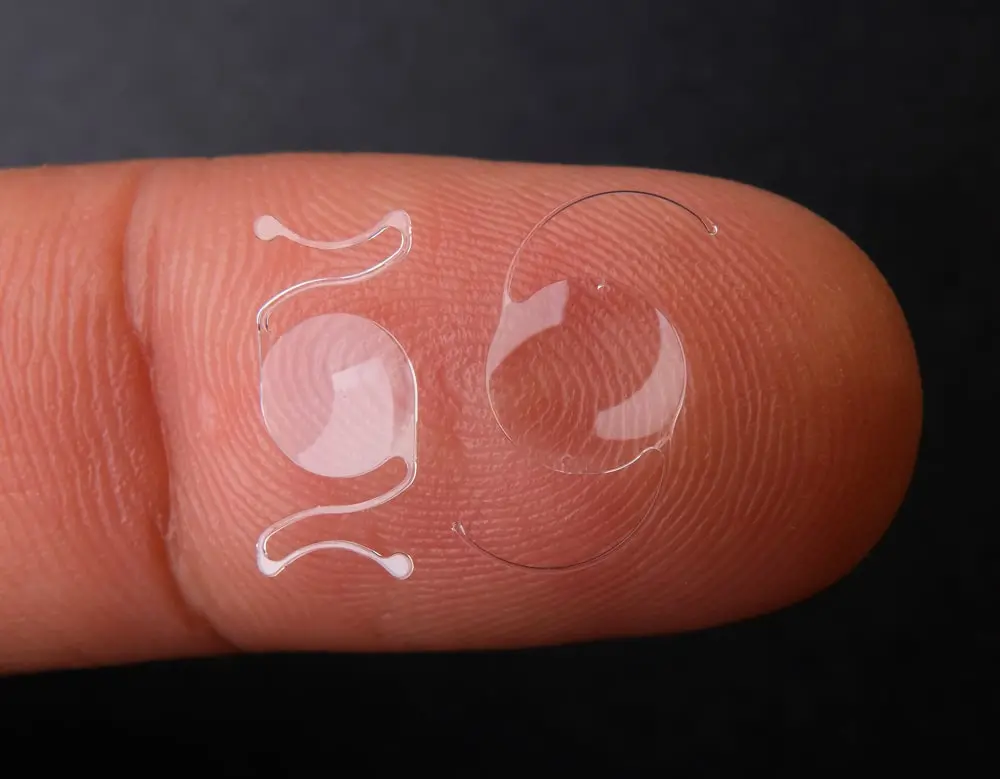
Multifocal lens: Multifocal lenses are designed to provide vision at multiple distances. They have different zones or rings that allow for near, intermediate, and distance vision. This type of lens can potentially reduce the need for glasses after surgery. Cataract surgery with multifocal lenses costs more than standard cataract surgery. Patients may choose this option because multifocal lenses often reduce the need to use glasses or contacts after surgery.
Toric IOLs to correct astigmatism: Toric lenses are specifically designed to correct astigmatism, which is a common refractive error. They have additional cylindrical power in the lens to address astigmatism, resulting in clearer vision at various distances. Toric IOLs can be combined with monofocal or multifocal features. The cost of toric lenses for cataract surgery is considered an upgrade and you would be responsible for the difference between standard cataract surgery and toric lenses.
Presbyopia-Correcting lens: Presbyopia-correcting lenses, also known as accommodating or extended depth-of-focus lenses, aim to correct presbyopia, an age-related condition that affects near vision. These lenses provide a range of focus from near to intermediate distances, allowing for reduced dependence on reading glasses. Presbyopia-correcting lens surgery is an elective procedure typically for people who are 45-years-old or older. The cost is not covered by insurance and you would be responsible for the out of pocket expense for this procedure.
When it comes to cataract surgery cost, the cost of lens replacement surgery varies depending on the choice of lens. An ophthalmologist can guide you in selecting the most suitable lens for your specific needs during the cataract surgery consultation. Our team will provide you with an overview of standard cataract surgery versus premium options.
There are different types of cataract surgery techniques:

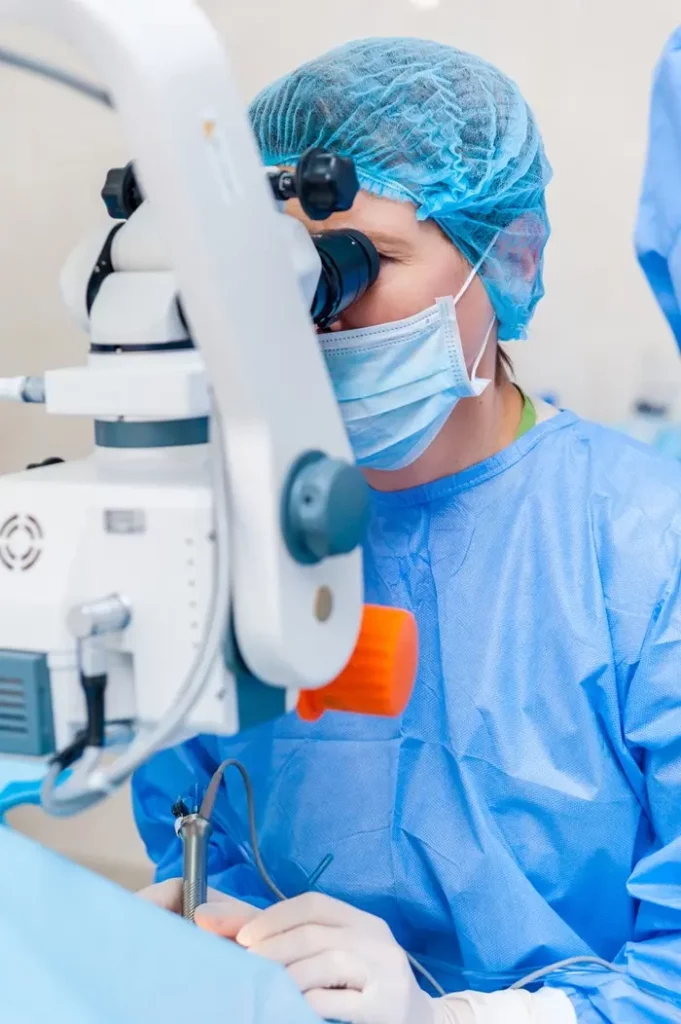
Discover Vision doctors are experts in their field. All of our ophthalmologists are board-certified doctors with specialties in many different areas, including cataracts and premium IOL surgery. When you choose Discover Vision, you can rest assured that you are in good hands, not only with your surgeon but with our entire ophthalmic team of technicians and nurses.
Cataract surgery is generally considered a safe and effective procedure with a high success rate. The risk of complications is relatively low, and the vast majority of patients experience improved vision and quality of life after the surgery. However, as with any surgical procedure, there are potential risks and complications, including infection, bleeding, inflammation, retinal detachment, and changes in intraocular pressure. It’s important to discuss any concerns or pre-existing health conditions with your ophthalmologist, who can evaluate your individual case and provide personalized advice regarding the safety and benefits of cataract surgery. The cost of intraocular lens implant surgery depends on whether you are undergoing standard cataract surgery, often covered by Medicare and private insurance, or if you choose to pursue premium lens options that allow you to see at a range of distances.
Where you have your cataract surgery procedure may affect the overall cost. If you have your procedure in an ambulatory surgery center rather than a hospital, the cost of IOL surgery may be less. At Discover Vision Centers, we own our surgery centers and they are conveniently located nearby or in the same location as our eye clinics in Independence, North Kansas City, and Leawood.
Cataract surgery prices vary depending on whether you are receiving standard cataract surgery, laser surgery, or upgrading to premium IOL lens cost. The cost of standard cataract surgery is typically covered by Medicare and secondary insurance for those who are 65 or older. Without health insurance coverage, standard cataract surgery can range from around $3,000 – $5,000 per eye.
Intraocular lens implant cost in Kansas City varies from doctor to doctor at different eye care practices. Insurance coverage and Medicare may help offset some of the expenses with a cataract diagnosis. At Discover Vision Centers, our goal is to provide the best surgical option for each person based on their unique prescription and other lifestyle needs. It’s advisable to consult with an ophthalmologist or eye clinic to get a precise cost estimate for your specific case. We encourage you to schedule a cataract exam to determine if you are a candidate for cataract surgery and which procedure is right for you.


In most cases, health insurance plans, including Medicare and private insurance, cover cataract surgery. Insurance coverage typically includes the cost of the surgery itself, the intraocular lens (IOL), and standard pre- and post-operative care. However, the specific coverage details can vary depending on your insurance plan and policy. It’s advisable to review your insurance policy or contact your insurance provider directly to understand the extent of coverage, any applicable deductibles or copayments, and whether there are any specific requirements or limitations for cataract surgery.
Here are some questions you may want to ask regarding cataract surgery and insurance coverage:
Remember, it’s always a good idea to contact your insurance provider directly to confirm coverage details and any specific requirements they may have.

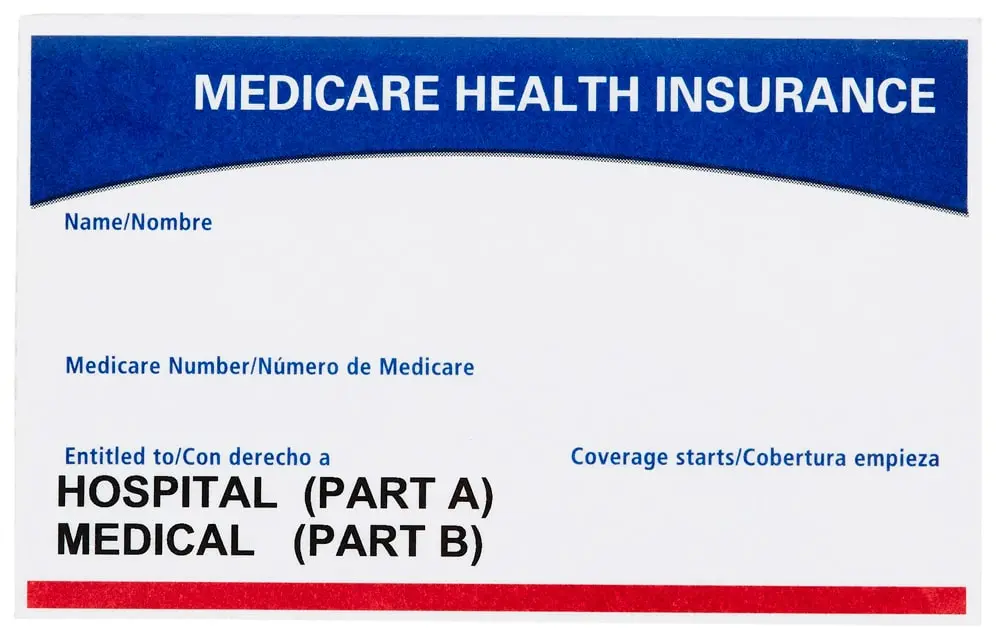
Cataract surgery is typically covered by Medicare. However, the cost of cataract surgery with insurance depends on a few factors, including the type of Medicare plan you have (Medicare A, B, C, D, etc.), the type of cataract surgery and IOL lens–standard versus premium, and any pre-existing conditions you may suffer from.
Medicare Part A and Medicare Part B provide coverage for different aspects of cataract surgery.
Medicare Part A (Hospital Insurance): Part A typically covers the costs associated with the facility, such as the operating room, nursing services, and overnight stays in a hospital setting if required. However, it does not cover the professional fees of the surgeon or the cost of the intraocular lens (IOL).
Medicare Part B (Medical Insurance): Part B covers the doctor’s services, including the surgeon’s fees, pre-operative evaluations, and post-operative care related to cataract surgery. It also covers the necessary prescription medications and supplies for the surgery. However, it is important to note that Part B may only cover certain standard IOLs. If you choose a premium or specialized IOL, you should expect to pay the additional costs out-of-pocket.
It is recommended to check with Medicare or your Medicare Advantage plan for specific coverage details, any deductibles, coinsurance, or copayments that may apply, and any requirements for pre-approval or referrals. If you choose a premium IOL or a premium surgical method, you will be responsible for covering the difference of the IOL lens price and the IOL surgery cost.
When it comes to payment options for IOL surgery costs, several options are available at Discover Vision to make the procedure more affordable. These options include:
CareCredit is a healthcare credit card that can be used to finance medical procedures, including IOL surgery and cataract surgery cost. It offers convenient monthly payment plans, often with low or no interest rates, allowing patients to spread out their payments over time.
Payment Calculator
HSAs are tax-advantaged savings accounts that can be used to pay for qualified medical expenses, including cataract surgery and IOLs. Contributions to HSAs are tax-deductible, and any unused funds can be carried over from year to year.
FSAs are employer-sponsored accounts that allow employees to set aside pre-tax dollars for eligible medical expenses. IOL surgery and related costs can be paid for with FSA funds, potentially offering significant tax savings. However, you must “use or lose” the money in an FSA by the end of the year.
In some cases, cataract surgery and cataract lens replacement cost may be tax-deductible if they exceed a certain percentage of your adjusted gross income. Consult with a tax professional or review IRS guidelines for more information on qualifying for medical expense deductions.
Medicare and Tricare insurance may cover the costs of standard cataract surgery in its entirety. We encourage you to speak with your commanding officer to see if you meet the qualifications for this coverage.
Coverage such as this can make IOL surgery more accessible and manageable for individuals seeking vision correction. It’s important to consult with your eye doctor and to speak with the pre-operative nurse or team member who verifies your insurance benefits to understand the coverage and payment options available, and to determine which option best suits your needs.
Though Medicare and other insurance may cover the majority of the cost for standard cataract surgery, you may be left with a few out-of-pocket expenses. These expenses include copayments, additional procedures, and premium additions to the standard procedure that insurance does not cover.

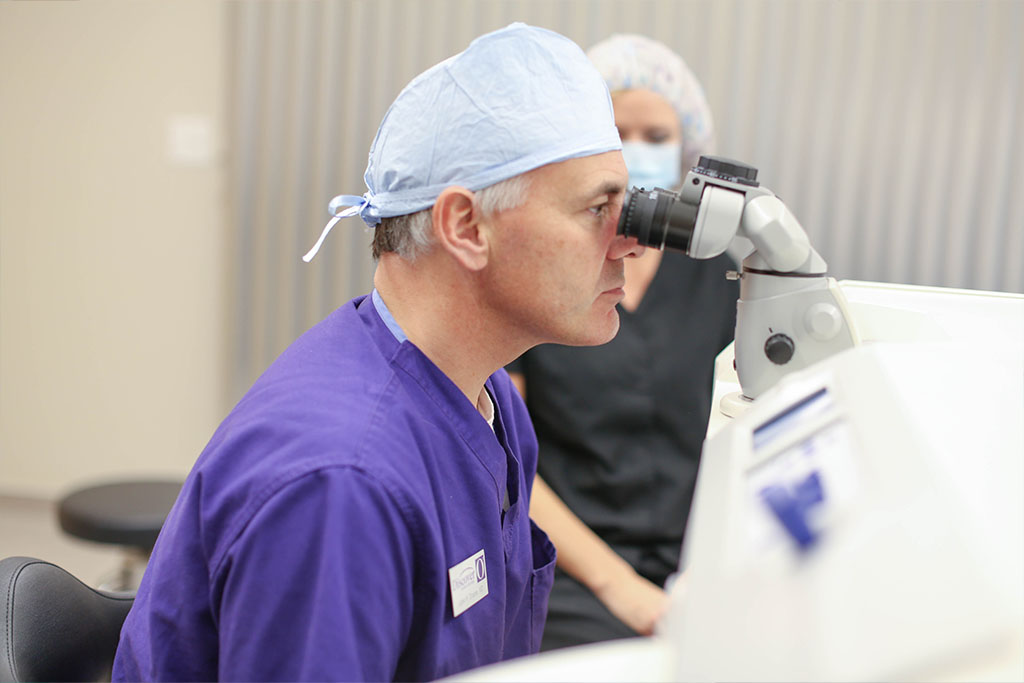
Our eye doctors have helped many people just like you to achieve the benefits of Intraocular Lens Surgery in Kansas City.
Discover Vision in Kansas City is a top choice for cataract surgery due to several factors:
1. Expertise: We have a team of highly skilled and experienced eye surgeons specializing in cataract surgery.
2. Advanced Technology: Discover Vision utilizes state-of-the-art technology and techniques, ensuring precise and effective outcomes. Advancements in technology paired with the medical expertise of our cataract surgeons make IOL surgery an extremely successful procedure.
3. Comprehensive Care: Discover Vision provides comprehensive preoperative evaluations, personalized treatment plans, and attentive post-operative care.
4. Patient Satisfaction: Discover Vision has a strong track record of positive patient experiences and excellent surgical outcomes, making our team a trusted choice for cataract surgery in Kansas City.
Our goal is to provide you with the best possible vision you can achieve with a treatment plan designed for you by an experienced cataract surgeon. To learn more about IOL surgery or premium IOL upgrades at Discover Vision Centers, request an appointment online or call our centralized scheduling team at 816-478-1230.
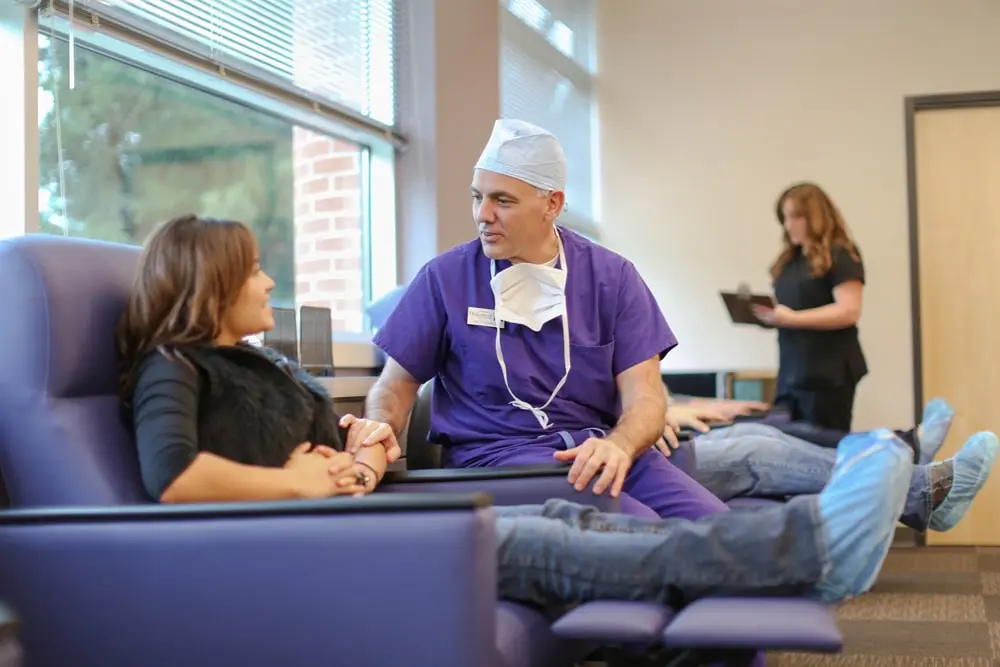
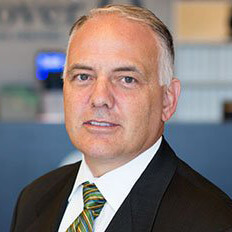
Dr. Doane has been involved with the LAL technology since 2008 as an FDA investigator and he continues to work with RxSight in ongoing projects. Dr. Doane believes that the most advanced lens option patients can experience is the Light Adjustable Lens which affords unique customized treatment to each patient.

The cost of cataract surgery with insurance varies depending on what type of surgery and what type of IOL you are having. Usually private health insurance providers as well as Medicare cover around 80% of standard cataract surgery cost plus one pair of prescription lenses. Additional out-of-pocket costs such as a copay or deductible are required by your insurance before surgery can be performed.
The cost of cataract surgery without insurance varies depending on whether you are having standard cataract surgery or premium IOL surgery. Discover Vision will provide transparent information regarding any fees associated with your cataract surgery.
It is best to speak to a tax accountant or expert to determine whether the cost of cataract surgery is considered tax deductible. In some cases, cataract surgery and IOL costs may be tax-deductible if they exceed a certain percentage of your AGI. Consult with a tax professional or review IRS guidelines for more information on qualifying for medical expense deductions.